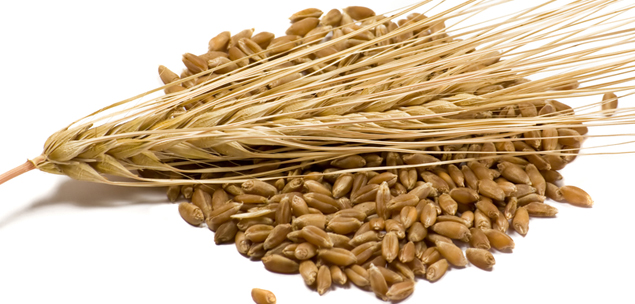Consuming barley as food or in food recipes can significantly reduce the levels of “bad cholesterol” that are associated with heart disease risk, finds a new study, suggesting that barley has similar cholesterol-lowering effects as oats.
The results showed that barley reduced by seven per cent both low-density lipoprotein, or LDL and non-high-density lipoprotein, or non-HDL.
“The findings are most important for populations at high risk for cardiovascular disease, such as Type 2 diabetics, who have normal levels of LDL cholesterol but elevated levels of non-HDL or apolipoprotein B,” said Vladimir Vuksan, scientist at St Michael’s Hospital in Canada.
Barley has a lowering effect on the total bad cholesterol in high-risk individuals, but can also benefit people without high cholesterol.
High cholesterol and diabetes are the major risk factors for heart disease and stroke.
Measuring non-HDL and or apoB — a lipoprotein that carries bad cholesterol through the blood, provides a more accurate assessment for heart disease risk, as they account for the total ‘bad cholesterol’ found in the blood.
Despite its benefits, barley is not as well established as some other health-recommended foods — such as oats, the researchers rued, adding that barley consumption by humans has fallen by 35 per cent in the last 10 years.
Barley is high in fibre, has twice the protein and almost half the calories of oats as well as an important consideration for people with weight or dietary concerns.
The review, published in The European Journal of Clinical Nutrition, included 14 studies on clinical trials conducted in seven countries, including Canada.

























